



When English and French-Canadian fur trappers first grew acquainted with the cultures of the Native Americans among whom they found themselves, they were surprised to find that there were significant numbers of men dressed as women among the tribes of the region. What intrigued them the most, however, was the esteem with which these men were held by their fellow tribesmen. These men were considered to be spiritually gifted, a special gift to the tribe by God, men with a particular insight into spiritual matters. As they were encountered in most tribes, the trappers chose a French word to describe them all: "berdache."
Personally, as a person of Native American descent, I thoroughly dislike that term, for a variety of reasons, not the least of which is that it is ultimately perjorative in its roots. Native Americans find the term offensive as it comes ultimately from the Arabic where it means roughly, 'male prostitute,' a thoroughly unacceptable term to be used for their highly respected spiritual advisors and elders.
The term "Two-Spirit" has been proposed as a replacement, but I find that it too is lacking, in that there is no universal agreement on its meanings, some of which are also perjorative. Yet what it does convey is a sense that these people have a special gift - being in two worlds at once, the normal material world, but also an sensitivity to a special gift of the spirit that only people like themselves can experience.
Other terms also fail to convey the breadth of the phenomenon and the esteem in which these men were held. While men living as men with other men were a phenomenon that varied widely among tribes, the phenomenon of the man dressed as a woman who engaged in the pursuit of spiritual matters was almost universal among North American tribes. The term, "Two-Spirit" is a term I will use, then, to describe this phenomenon in this section of this essay, in spite of its shortcomings.
There were exceptions, of course, to the celebration of Two-Spirits, such as the Pimas of Arizona, but in most cases, Native American tribes, particularly the tribes of the Great Plains and the Southwest, were greatly admiring of their Two-Spirits. Among the Hopi and the Zuni of Arizona and New Mexico, these Two-Spirits held a special status. They were keepers of the ancient traditional stories of creation, healing and growth. But more than that, they were the keepers of the spiritual traditions, recognized for their special gift of being "between genders."

































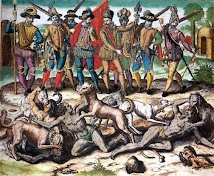

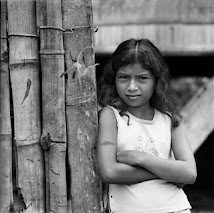

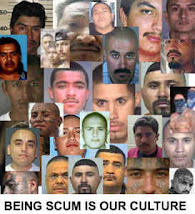.jpg)




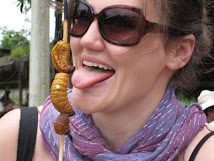

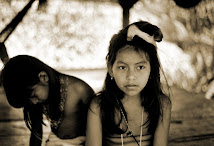.jpg)






